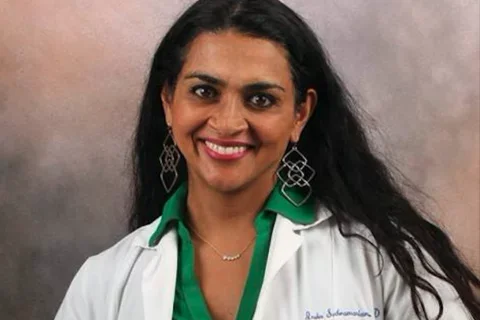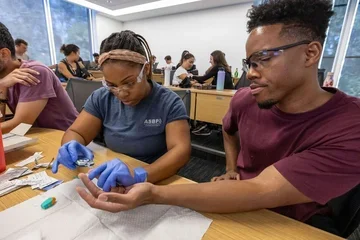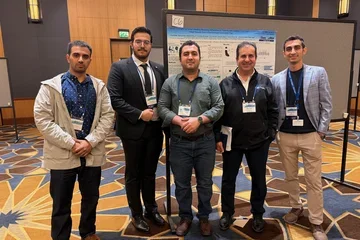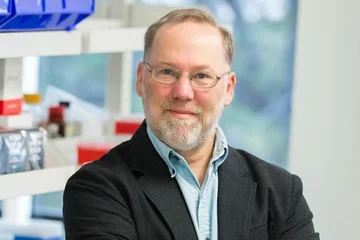Clinical
Compassionate care
Health for all
Work so meaningful it expands how you define yourself.

A care team in consultation in the hallway of UCLA Santa Monica Medical Center.
This is a place where ambition meets joy, where science matters, and where you chase breakthroughs with colleagues who get it.
At one of California’s top-ranked hospitals:
- Our students and trainees care for patients from all corners of the globe as well as have access to top minds and state-of-the-art equipment.
- Our faculty and researchers collaborate with forward-thinking colleagues to solve problems.
- Our staff members are passionate about our mission and help to change the world for good by making things better and inspiring others to do the same.

Clinical Footprints Across LA
Explore LocationsCLINICAL DEPARTMENTS
UCLA has an expansive clinical footprint spanning the greater Los Angeles area. Our students and trainees have access to a wide spectrum of patient care opportunities. Our faculty and staff heal Angelenos, and people from around the globe, from all walks of life. Our patients have access to one of the most comprehensive and advanced health care systems in the world.
Headlines
view All Articles
Holistic approach to mental health care for people with Parkinson’s
Holistic approach to mental health care for people with Parkinson’s

Student cherishes similarities between the military and medicine
Timothy Ko, a first-year student at the David Geffen School of Medicine at UCLA, flew helicopters in the U.S. Army.

From active duty to UCLA
Triniti Gistand, a second-year medical student at UCLA, is no stranger to caring for patients in high-pressure situations

UCLA CASIT Researchers Shine at Prestigious International Conferences
CASIT researchers were recognized for their outstanding contributions at two major international conferences.

UCLA alumnus Fred Ramsdell wins 2025 Nobel Prize in physiology or medicine
UCLA alumnus Fred Ramsdell wins 2025 Nobel Prize in physiology or medicine